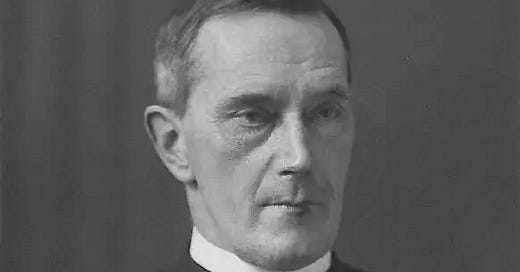I belong to that school of faith that believes that theology that isn’t essentially pray-able isn’t credible theology. In adhering to this premise, I have solid backing in the Christian tradition. It’s an idea succinctly expressed in an old Latin maxim which, in its extended form, is this: Lex orandi, lex credendi, lex vivendi – “the law of prayer is the law of belief is the law of living” (a keen eye will note that it echoes Jesus’ titles, “the Way, the Truth, and the Life”). I consider this theological pragmatism in a nutshell, a reminder that authentic theologia is a prayed, consistent, and lived relationship with God (indeed, it constitutes the framework of the Church’s “Tradition”). We see something similar in those frequently quoted words of Evagrius of Pontus: “The theologian is the one who prays truly, and the one who prays truly is a theologian.” I mention all this upfront because, with this post, I intend to engage in a bit of speculative theology, something I don’t frequently do in these posts. I have been asked how I understand contemplative prayer as it relates to the fall, the reality of evil, and the intersection of time and eternity – not the simplest array of interrelated subjects to tackle in a single post, but where angels fear to tread… etc. At any rate, I consider the subject important enough to give the challenge a shot.
Keep reading with a 7-day free trial
Subscribe to The Pragmatic Mystic to keep reading this post and get 7 days of free access to the full post archives.



